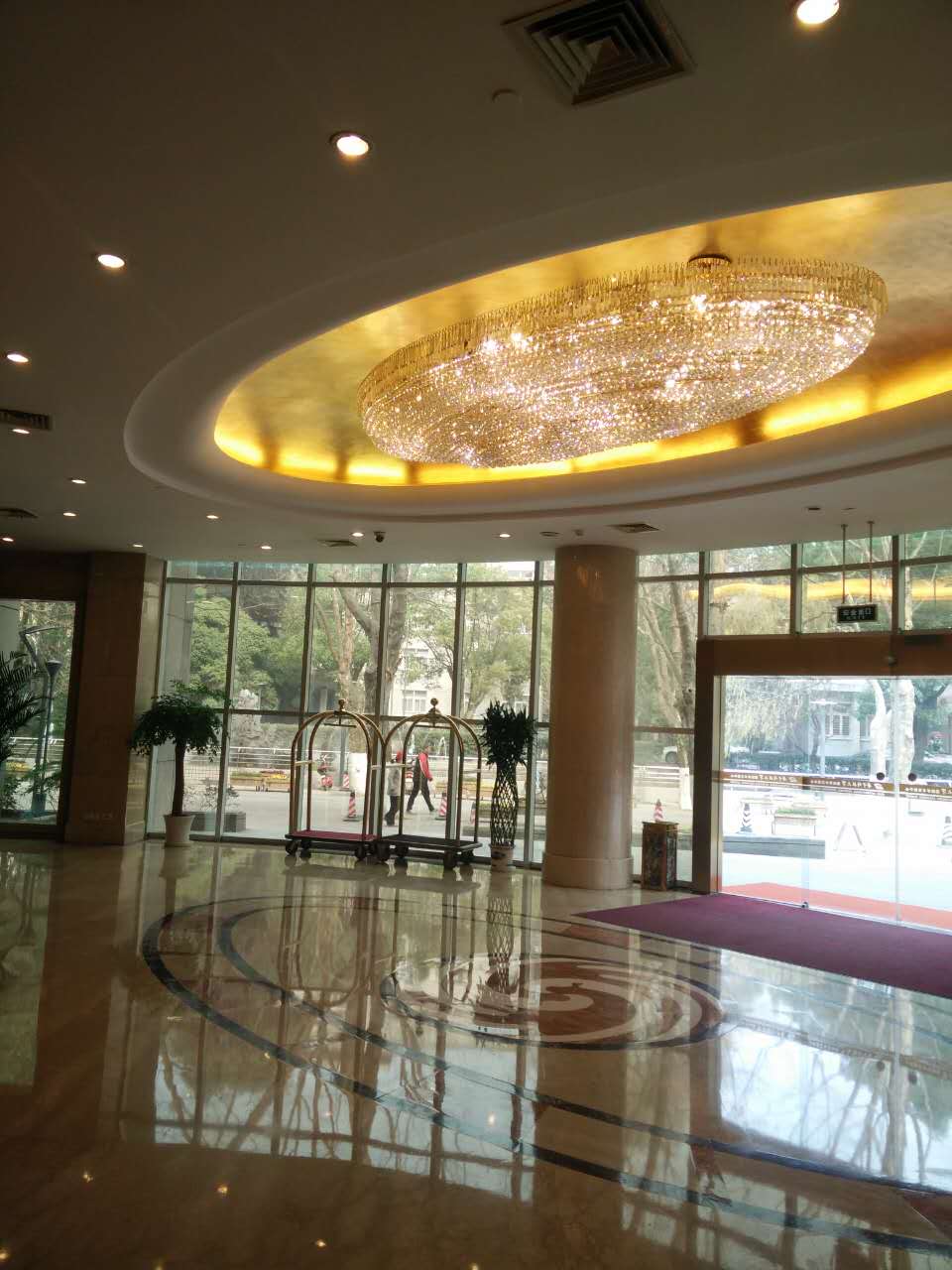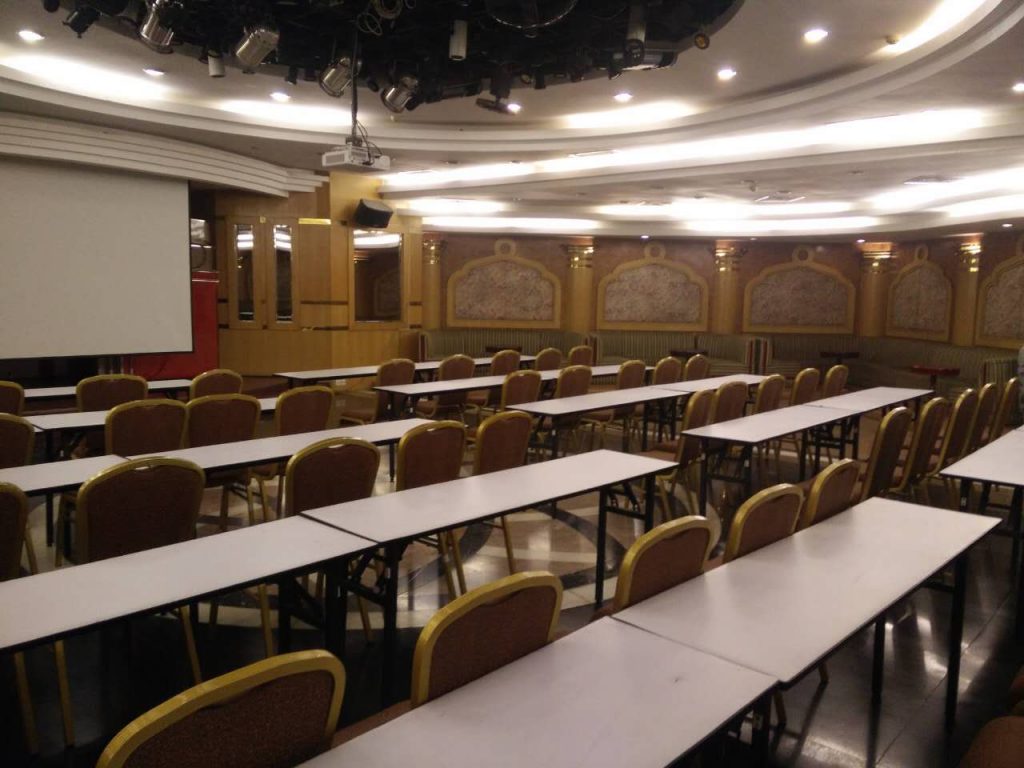Wuhan Workshop: Scientific Risk and Public Communication
18 January 2017

Scientific Risk and Public Communication Workshop
25-26 March (Saturday-Sunday), 2017
Venue: International Academic Exchange Center (IAEC), Huazhong University of Science & Technology, Wuhan, China
Being a leading sponsor and beneficiary of life science research, the strategic importance of accountable governance of China's science is well recognised by domestic and international regulators, scientific practitioners and relevant industries. Yet in contrast to China's increasing research power, the public engagement of science remains at a nascent stage. Cases such as unsupervised GM food trials and industrial food engineering scandals have not only damaged China's own public trust in biotechnologies, but also impaired the global reputation of transnational research.
This workshop stems from the ESRC funded project, 'Governing Scientific Accountability in China'. Extensive fieldwork from the study has found that although there is good will from both scientific practitioners and civil society groups, as well as heavy investment from the Chinese government, a key hindrance for (re)building trust and accountability of science in China is a lack of public engagement skills amongst scientists.
The event aims to address this gap by bringing together 50 delegates (e.g. policy makers, leading scientists, bioethicists, sociologists, public engagement experts, journalists and relevant civil society staff) from both China and the UK. The workshop theme focuses primarily but not exclusively on Genetically Modification (GM) technologies. This is not only because the GM debate is currently the most high profile social-political concern in China. More importantly, as North American and European experiences have shown, the GM debate could serve as a transformative opportunity to reexamine governing rationales, promote institutional cultural change and recondition science-society and state-society relationships.
Arguably the first of its kind in China, the workshop provides a multi-stakeholder platform and enhances China's scientific accountability to both domestic and international audiences through 1) exploring both the failures and successes of existing public engagement avenues; 2) providing capacity building on engagement skills; and 3) identifying a roadmap for future public engagement that is pertinent to Chinese particularities.
In line with our commitment to promoting good governance on the ground, we chose the venue of Wuhan, the provincial capital of Hubei. Wuhan offers a unique and stimulating context for this event. Historically known as 'the Granary Under Heaven', in the past decade, Wuhan has extended its agricultural heritage into being the national hub for GM crop research. In addition, home to an astounding 88 universities, Wuhan is also the world's largest city in terms of college student population. It is, thus, an ideal location in which to nurture the public dialogue of science.
For more information, please contact Dr Joy Zhang (PI) y.zhang-203@kent.ac.uk or Ms Ausma Bernotaite (Research Officer) ausma.b@gmail.com
